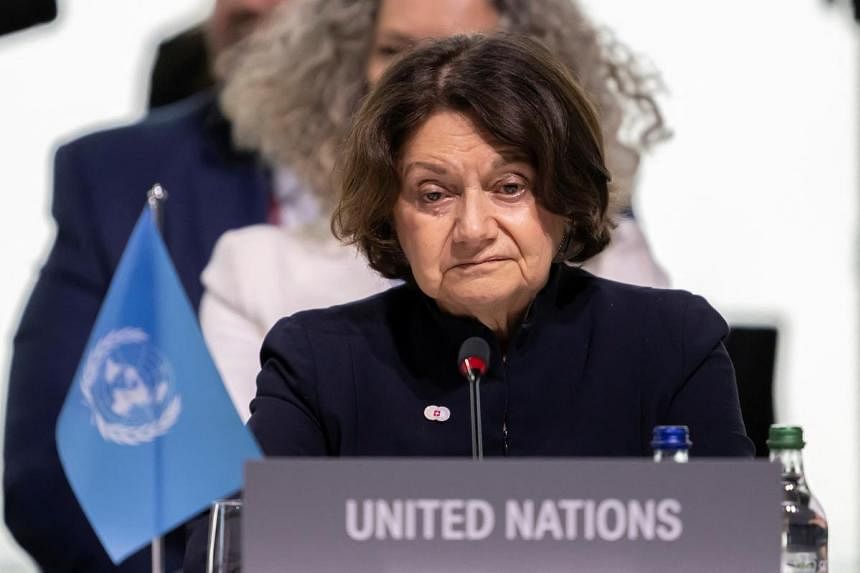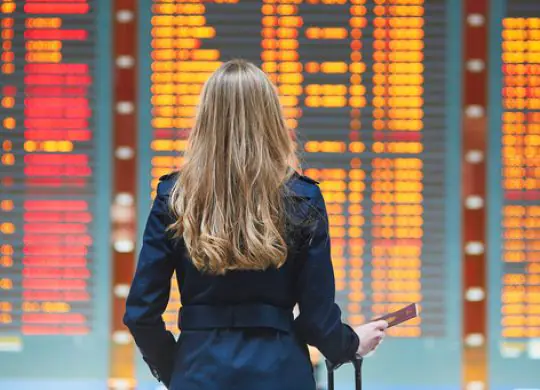Envoys express concern about restrictions on Afghan women in talks with Taliban

International envoys expressed concern about restrictions on women and girls in Afghanistan during meetings with the ruling Taliban in Qatar, UN policy chief Rosemary DiCarlo said on Monday.
The two-day, United Nations-led meeting was the first of its kind to involve the Taliban, who have not been internationally recognised since they seized power in 2021 when US-led forces withdrew after 20 years of war.
“A common thread throughout all discussions was the deep international concern – from special envoys and myself – about the ongoing and severe restrictions on women and girls,” DiCarlo said in a statement.
“Afghanistan cannot return to the international community and fully develop economically and socially if it is deprived of the contribution and potential of half its population,” she added.
Since the Taliban returned to power, most girls have been denied access to secondary schools and most women have been denied access to universities.
The Taliban have also banned most Afghan female aid workers from working, closed beauty salons, barred women from entering parks, and denied women freedom of travel without a male guardian.
The Taliban say they respect rights in accordance with their interpretation of Islamic law.
DiCarlo said the talks with Taliban authorities on Sunday and Monday did not represent recognition of their government but were part of the international community’s broader efforts to resolve the problems facing millions of Afghans.
The talks on Monday focused in particular on the private sector and drug trafficking.
“There was broad agreement that a clear path forward must be shown,” DiCarlo said.
Human rights groups criticized the UN for not bringing Afghan women to the negotiating table with the Taliban in Doha.
DiCarlo said she was aware of the criticism, but organizers faced a difficult decision as they had to arrange a direct meeting with Afghanistan’s “de facto” rulers and international envoys.
“Unfortunately, the de facto authorities do not want to sit at the table with Afghan civil society in this format,” she said. REUTERS



